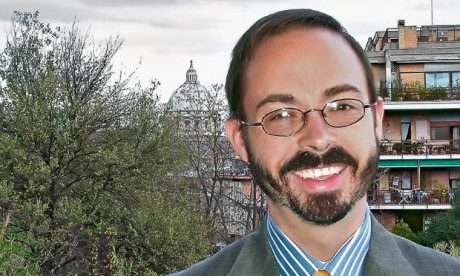Typically speaking, about the most important thing any cardinal of the Catholic Church will ever do is to help pick a pope.
As a result, one time-honored way of evaluating consistories, the events in which popes create new cardinals, is in terms of what they portend for the choice of that pope’s successor.
Applying that lens to the consistory over which Pope Francis presided on Wednesday, in which he created five new cardinals, the only honest answer any respectable vaticanista can give to the question of what it means for the next pope probably is, “Who knows?”
(To be clear, there is no indication – none, zero – that a papal vacancy is imminent.
There’s no health crisis around Francis, and no signal he’s on the brink of resigning. That fact, however, doesn’t make speculation about what might come next any less irresistible.)
Perhaps the defining hallmark of Francis’s four consistories to date has been the global character of his picks.
Including yesterday, Francis has now named cardinals from thirteen nations that have never had one before, including some extremely improbable locales – such as, for instance, the island nations of Tonga and Mauritius.
As a result, a healthy share of these new “Francis cardinals” come from outside the West, and thus from outside the usual analytical framework observers apply to Church affairs.
Generally speaking, what Westerners are most interested in is whether a given pope is appointing more “liberal” or “conservative” cardinals, and thus men inclined to steer the Church, should they become pope themselves one day, in a more progressive or traditional direction.
Those categories, however, often don’t apply to non-Western cultures, where the issues that matter often don’t break along the fault lines of left v. right.
I learned that lesson roughly a decade ago, when I was in Uganda on a reporting trip and met with Catholic students studying political science at a university in Kampala.
They were bright, articulate, and well-informed, and at one stage I asked, “So are you guys liberals or conservatives?”
There was an awkward moment of silence, after which one of the 20-something Ugandans said, “We know what those terms mean from our classes, but can you be more specific?” Continue reading
- John L. Allen Jr. is the editor of Crux, specializing in coverage of the Vatican and the Catholic Church.
